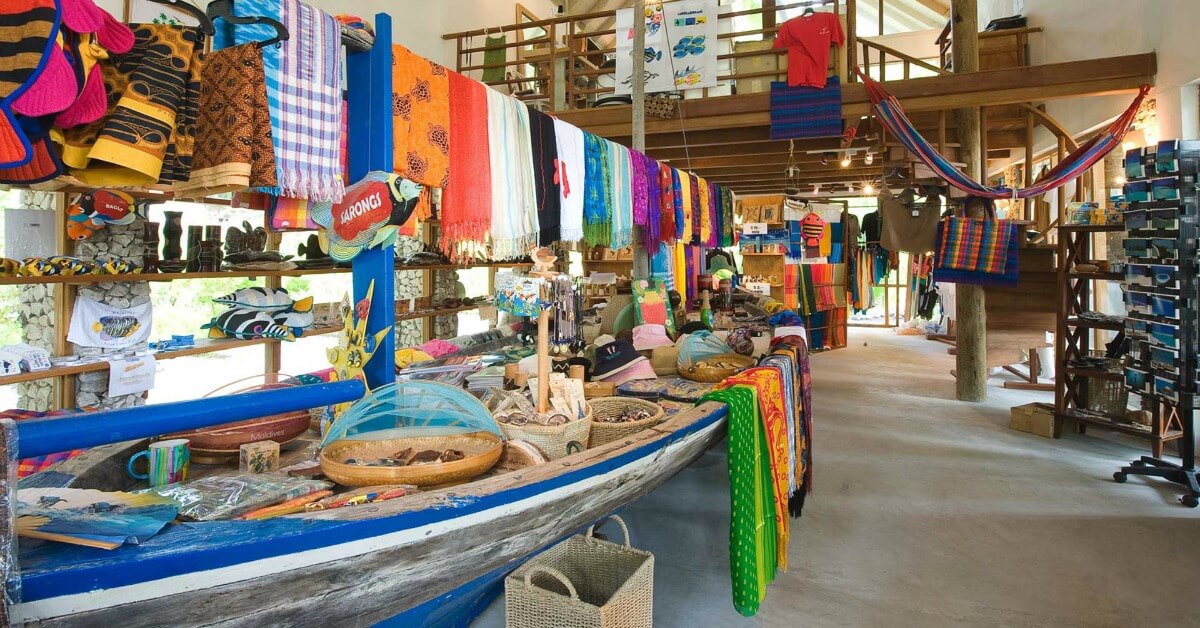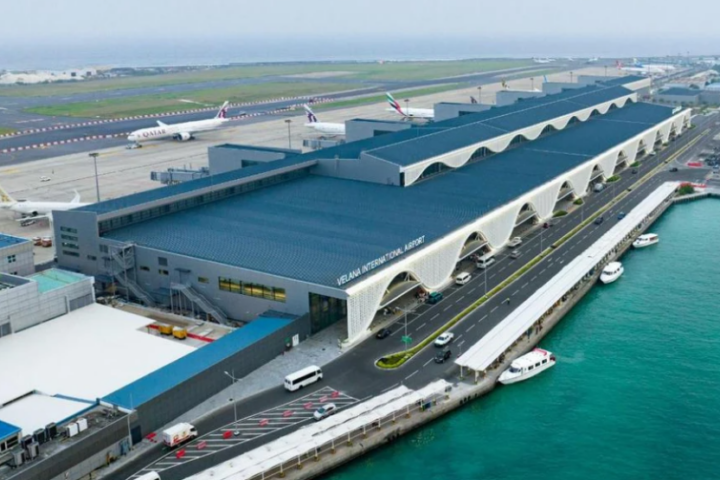In this part of South Asia the process of paying for goods and services can feel like a jarring step back in time. There are no swift scans of QR codes or seamless digital wallets for transactions in the country. Instead, shoppers must navigate a cumbersome series of steps after making a purchase: opening the banking app, transferring funds, and capturing a snapshot of the transaction slip to share via Viber messaging services.
This antiquated ritual, more reminiscent of a bygone era than the modern digital age, underscores the stark reality facing merchants and consumers in the Maldives as they grapple with an underdeveloped electronic payment infrastructure.
“It’s incredibly frustrating,” said Ahmed Naeem, owner of a mini mart shop on the island of Hulhumalé. “Customers have to go through this whole process just to pay, and it really disrupts the flow of business.”
Across the country, where pristine natural splendor lures travelers from every corner of the globe, the digital payment landscape remains mired in outmoded practices. For roadside vendors, cafes, and merchants without access to point-of-sale machines, the absence of a viable digital payment system poses significant challenges in an increasingly cashless world.
The disparity is striking when compared with innovations that have transformed transactions elsewhere. In nations like China, India and Kenya, an ecosystem of digital wallets like Alipay, WeChat Pay and M-Pesa enable businesses to conduct sales with a simple scan of a QR code. Such conveniences, however, remain elusive dreams for many in the Maldives.
“We’re really being left behind,” said Hussain Azim, who operates a chain of grocery stores in Malé. “Our customers are constantly asking why we don’t have more modern payment options, but the infrastructure just isn’t there yet.”
The obstacles are both technological and regulatory, observers say. While the Maldives Monetary Authority oversees the financial sector, a cohesive strategy to facilitate digital payments has been slow to materialize amid the inertia of long-established banking practices.
There are signs of progress, including the authority’s pact with the Latvian company TietoEVRY to develop an instant payment system. And in his recent public exchanges on social media, President Dr. Mohammed Muizzu vowed that an e-wallet service would be introduced in May 2024, alongside long-awaited access to PayPal.
For businesses striving to remain competitive in a global tourist economy, such developments could hardly come soon enough. As Mariyam Shaha, who runs a craft shop on Maafushi island, put it, “The world is becoming more digital by the day – it’s time for our payment systems to catch up.”












